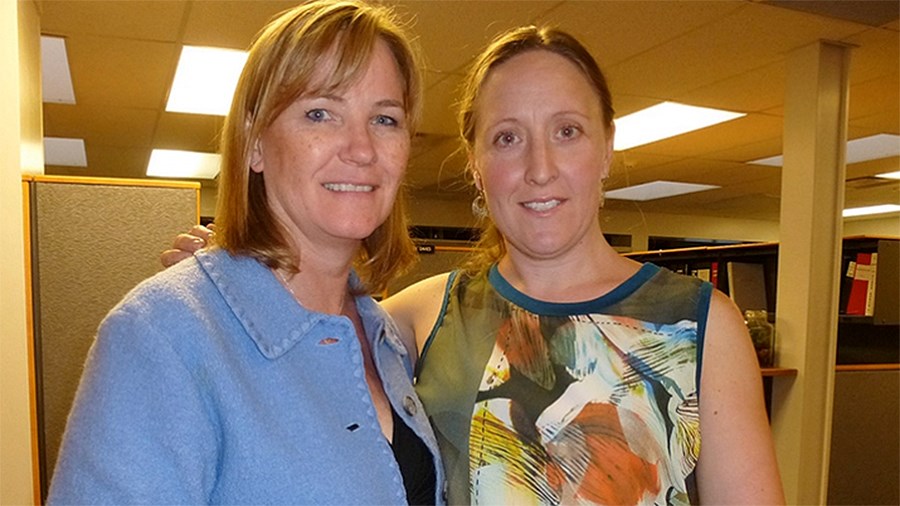A review of education funding in B.C. has one Port Moody mom concerned that changes could reduce supports for children with special needs.
Cathy McMillan, co-founder of Dyslexia BC, said she's worried a discussion paper on a new funding model that seeks to provide more flexibility to school districts will eliminate the requirement for assessments and identification of special needs students. Such a move, McMillan says, would remove accountability for districts to provide services.
“If they take away the student designations altogether, my thinking is are these kids, and my kids, will they get swept under even further, if there isn’t a category holding [school districts] to any kind of accountability?”
She’s joined in her concerns by the Coquitlam Teachers' Association which, together with the BC Teachers' Federation, fought against de-classification of special needs students when it was considered by the BC Liberal government.
McMillan said districts received special funding for students with dyslexia until 2002. Now, they don’t get special funding to meet those kids' needs but students are are identified and receive individual education plans that lay out learning goals.
If they lose their classification under a new funding model, McMillan worries that students with learning challenges will be further shortchanged.
“If your teacher isn’t going to check your homework, what’s the incentive to do it?” said McMillan, whose daughter is in Grade 11 and attends private school because teachers are trained in specific methods that work for dyslexia, an information processing disorder.
Some of McMillan’s concerns are shared by the Coquitlam Teachers’ Association, which opposes declassification of students despite concerns in some quarters about labelling them.
“We fought long and hard against de-categorization of children,” said Ken Christensen, CTA president. “Categorizing is a way support is generated.”
He and McMillan share similar concerns about the need for more supports for special needs students and both would like to see the funding model review add programs for students who struggle at school.
“Fundamentally, there needs to be more support,” Christensen told The Tri-City News.
McMillan, meanwhile, said she would like an outside group to do an assessment, saying, "I think they need a needs assessment from an independent provider and get away from asking the trustees and districts.” Her group is asking parents to email local MLAs about their concerns.



